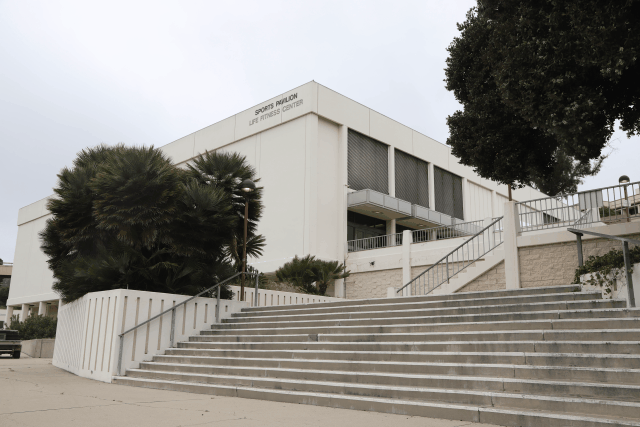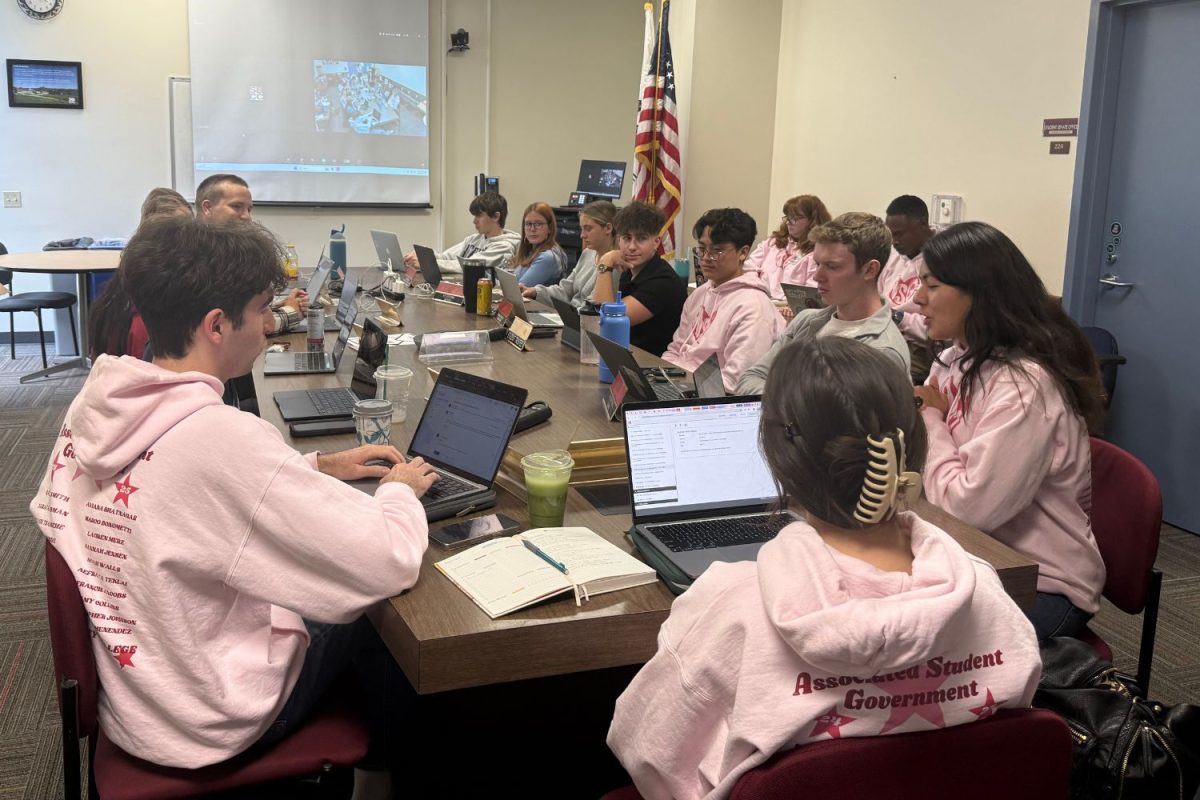Concrete steps to combat systemic inequity as well as presenting how City College meets accreditation standards were focal points at the College Planning Council’s meeting on Tuesday, Nov. 2.
Interim Superintendent-President Kindred Murillo confirmed structured plans of action to address issues of inequity, and the CPC reviewed current statistics and standings of how it meets accreditation standards.
“If we sit down and review our core values, we might find those core values don’t represent what we say in our mission statement,” Murillo said.
English Chair Melissa Menendez showed the efforts of the new accreditation task committee, Accreditation IV A, which ultimately suggested the formation of a Diversity Equity Inclusion Employee Climate Task Force. The CPC serves as an advisory group for the Superintendent-President.
“The A4A committee was put together to ensure we followed the accreditation response plan,” Menendez said. “Our group was tasked to look at the 2019 survey.”
Every couple of years, the college goes through a review process to make sure it can complete its mission and provide a transferable short-term education.
A major part of this process is making sure it provides help to underprivileged and underrepresented students.
City College currently offers services for student success, including the Wellness Center, the Job Center and tutoring services, such as the Learning Resource Center.
“We wanted to show how equity was in place and the variance taking place,” Menendez said.
Currently, City College meets all of the requirements for accreditation.
Murillo also made clear her support for creating an all-inclusive college community.
In the fall of 2019, City College issued a survey to staff to gauge the current professional climate. The responses revealed issues of mass inequity and previously unaddressed systemic racism.
Since the survey, the college has held campus climate town halls in an attempt to address such issues. However, some staff feels the administration is dragging its feet when it comes to implementing equity practices or policies.
“It’s hard to create a unified campus when there are those with strongly held beliefs,” Academic Senate President Raeanne Napoleon said.
“We have some board members that are deeply against work like this. What does that look like when our board speaks against these things aggressively?”
Murillo said she noticed a lack of trust that has been brought on by a lack of accountability. The interim superintendent-president also said she understands that there seems to be less of a stringent guideline for employees higher up in the administration and that these employees get away with more.
Murillo said that more accountability for actions made by the top will bring more trust and a feeling of evenness between all.
“We need to find what diversity and equity mean to this college, but we have this vision that acknowledges these concepts,” Murillo said.
“Just keep moving. It gets loud and people are confrontative… but the majority of us are very supportive of this.”









